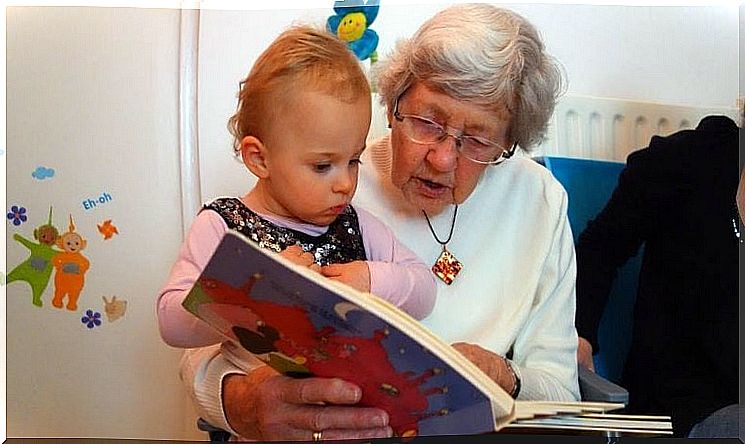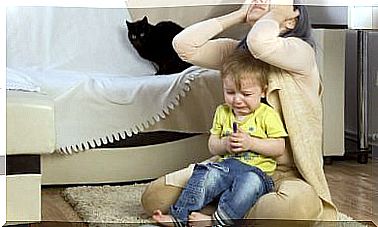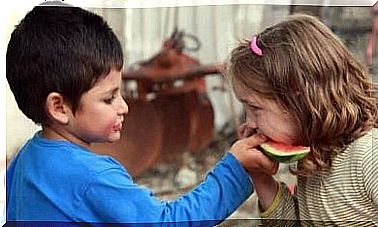What To Do When The Whole Family Wants To Intervene In Raising Your Child?

First, we must understand that the advice of parents, siblings, uncles and other people considered as family, is not given with bad intentions.
On the contrary, in this type of intervention, which is usually unsolicited, there is a strong desire to contribute to your and your child’s well-being. However, there are limits, right? And the best thing is to make this clear as soon as possible to avoid that this “advising” on how to raise your child becomes common in the family.
This inconvenience is very common, especially with first-time parents. The story begins with a ” when my son was little and had this same symptom, it was such a disease “, or ” so, equally mischievous was his cousin as a child ” and advice on what foods to give, what home remedies to use, followed by a long list of eteceteras that make us angry and want to scream “Enough!”
What to do when the family wants to intervene in your child’s upbringing?

Set healthy boundaries
Clearly define the limits that differentiate the participation of grandparents, uncles and siblings in the creation of actions that represent an abuse. For example, establishing the baby’s routine and habits as aspects that only parents can consider.
Talk to grandparents, who tend to unintentionally go overboard when they are too excited about the arrival of a new grandchild, and explain to them the couple’s agreed-upon mode of parenting and the medical recommendations given for the baby. Lovingly ask them to let you experience, enjoy, fail, and grow along with the newborn and to be there when you, the parents, ask.
Grant clear roles. Parents retain the main role in upbringing. It must be like that and one must not let another member of the family want to usurp this place.
These limits must be established very early in pregnancy and after birth, as, without this definition, it often happens that babies, when they learn to speak, start calling their grandparents “mommy” or “daddy”. It is a situation with many consequences and one that creates great chaos that will affect family harmony over time.
Give generic information and no details
It is very helpful to keep certain aspects of parenting and parenting agreements confidential from other family members. Giving generic information without details prevents the family from interfering in private matters and decisions such as: the religion with which the baby will be raised, the school he will attend, his complementary feeding, medical care, etc.
It may be helpful to ask yourself whether it would be convenient and relevant for the family to know about this information, whether it will provide solutions, useful advice, or whether it will allow you to see the situation from another perspective . If to all these questions the answer is NO, then keep discretion.
Assertive and respectful communication
Communicate with assertiveness and respect in decisions about raising and caring for a baby . Make explicit the moment when you want advice or an opinion and when you are only communicating a decision that is not subject to discussion. For example: travel with the baby, food prohibition, use of medicine, the baby’s relationships with other family members or family members, changes.

Talk to the partner about the inconvenience
If in-laws are being nosy, making decisions about your child without consulting you or behind your back, talk to your partner. Show him where the lack of respect is, ask his opinion and together reach an agreement for the child’s well-being and healthy family life.
Avoid playing the victim role or manipulating your partner into making “us or them” decisions. On the contrary, together with the exposition of the problem, look for solutions and alternatives. Take a proactive role and make it clear that your interest is not to cause heartache or breakups.
Participation
First, grandparents, uncles, or siblings won’t take on the “messy” role if you give them an active role and share in your child’s life from the start.
Let everyone know how important they are and ask for advice when it’s convenient. That way, they won’t feel left out or left out. Of course, jealousy will arise. But let them know that each one is relevant to your child’s upbringing. Certainly without them the task would be more difficult.









